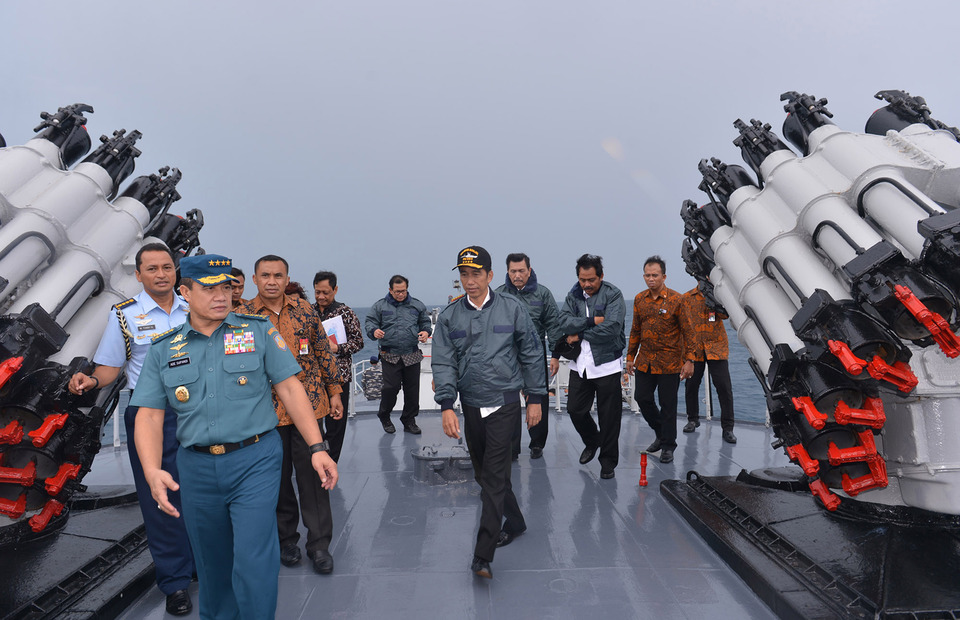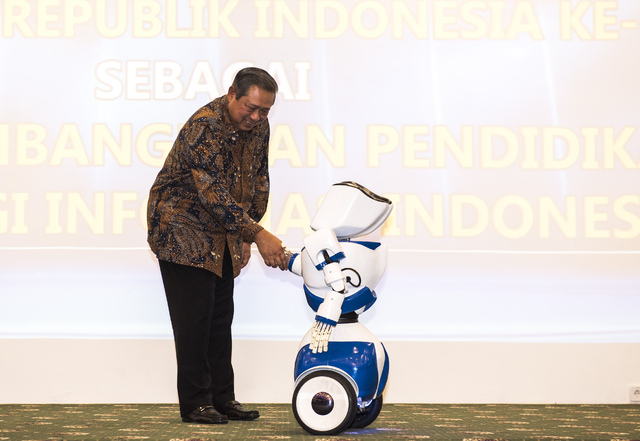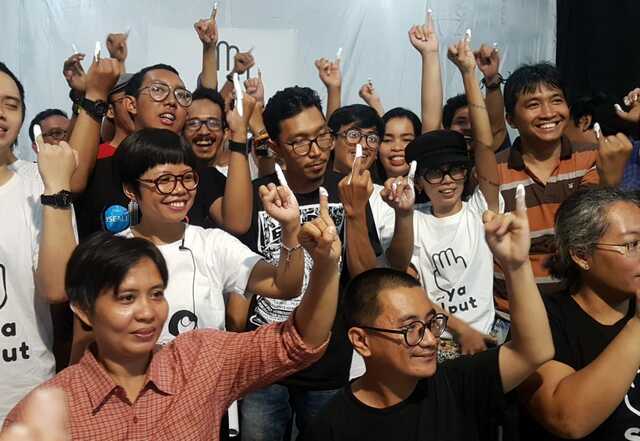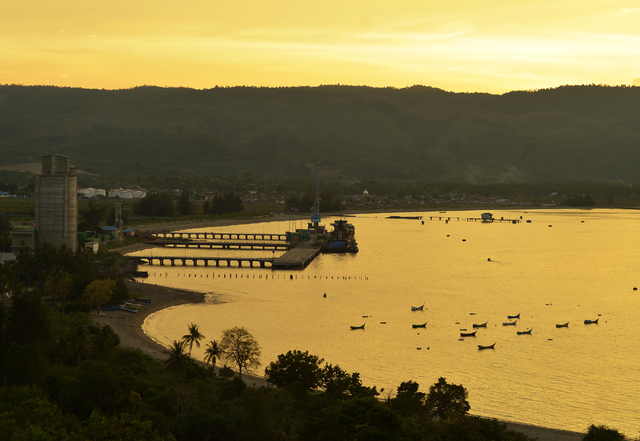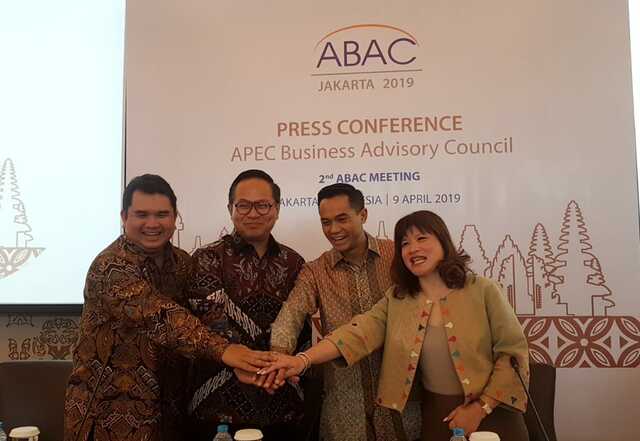Commentary: How to Deal With the South China Sea Dispute
BY : JAKARTA GLOBE
JULY 04, 2016
Some weeks ago, President Joko "Jokowi" Widodo held a cabinet meeting on board a warship near the Natuna Islands in Riau Islands province. It was a momentous occasion to focus everyone's attention on the South China Sea issue. It was also a symbolic act of resistance against China's actions in the disputed waters.
Chinese fishing vessels were caught inside Indonesian territory at least three times. Moreover, the New York Times reported on June 25 that China claims "the South China Sea does not include the Natuna Islands, located about 1,250 miles [2,010 kilometers] from the Chinese mainland."
China's claim could prove dangerous for Indonesia if the government does not respond to it seriously in the future.
Regarding this situation, as Indonesians we could ask several questions: First, what is the motive behind China's suspicious activities related to its fishing vessels in Indonesia territory? Secondly, one would also be curious to know exactly what the Indonesian government's formal and systematic response has been regarding this matter.
To address these questions, I start from the argument that as a country we had a bad experience regarding a similar situation with Malaysia more than a decade ago. The Indonesian government's failure to successfully lobby, combined with its lack of diplomatic capacity, resulted in the loss of two islands: Sipadan and Ligitan.
Moreover, the fact that we were defeated by 16 votes to one in the International Court of Justice remains a painful memory for most Indonesians.
How should we prepare then?
In the perspective of political geography, there are three important factors related to the existence of any nation nowadays. Power, place and space are the variables the government should consider when designing foreign policy. We have neglected to consider these factors since the post-reformation era.
During the Soeharto era, the policy on national security and sovereignty was implemented systematically by using a military and ideological approach.
According to Agnew and Duncan (2014) "territoriality plays a key role in the material and ideological constitution of every modern state" so that "states have to govern territory in order to secure their physical form."
The current Indonesian government should realize that even in the context of globalization, which claims the world should be borderless, resulting in no control over sovereignty, military action and an ideological approach in varied ways are still needed to minimize the potential of foreign countries claiming Indonesian territory.
There are several strategies that could be implemented to deal with such a situation in future:
First, a diplomatic approach could be the most effective way in dealing with this situation. We have shown that our role in the Association of Southeast Asian Nations (Asean) is vital, as one of its founding members. By engaging and intensifying diplomatic communication with the Philippines and Asean, we can ensure a stronger political bargaining position against the Chinese government and attract international sympathy.
A diplomatic approach is always preferable and more effective than military action. It would be far from ideal if military action topped the government's agenda in dealing with the South China Sea dispute, but if it is needed, we have to be ready to do it.
Second, against the background of our painful experience of losing of Sipadan and Ligitan, research on the historical plot and geographical matters related in particular to Indonesia's outer islands and territorial borders by local academics could not be denied nowadays.
Academic research on historical matters related to these particular islands is essential if we finally have to deal with this issue in the International Court of Justice.
Third, despite the importance of research on the border area and historical plots of every particular island, this is related with the previous argument that we need to recognize outer islands within the Indonesian archipelago and the government should also empower communities living there by prioritizing issues such as their health and education, for example.
Finally, we have had bad experiences involving the loss of several islands, including East Timor, Sipadan and Ligitan. The government under Jokowi must do something extraordinary but still within internationally accepted rules to ensure that Indonesia does not lose any more territory in future.
Arizka Warganegara is a doctoral candidate in political geography at the University of Leeds and a lecturer at Lampung University's faculty of social and political sciences.

